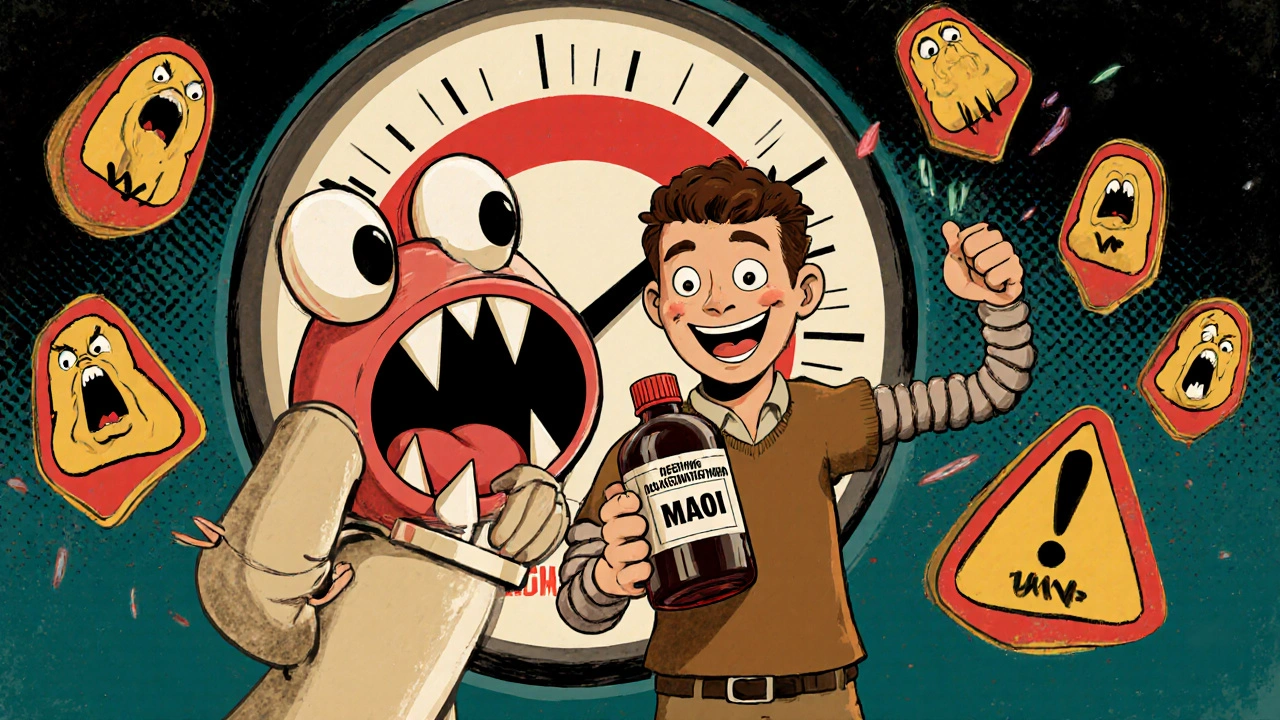Hypertensive Crisis: What It Is, How It Happens, and What to Do
When your blood pressure shoots up to dangerous levels—like 180/120 mm Hg or higher—you’re facing a hypertensive crisis, a sudden, severe increase in blood pressure that can damage organs and lead to stroke, heart attack, or kidney failure. Also known as hypertensive emergency, it’s not just a number on a machine—it’s a medical alarm that won’t stop ringing. This isn’t the same as having high blood pressure for months or years. A hypertensive crisis happens fast, often without warning, and can turn deadly in minutes if ignored.
What causes it? Often, it’s someone stopping their blood pressure meds cold turkey. Or maybe they’ve been skipping doses, drinking too much alcohol, using stimulants like cocaine, or dealing with severe stress or kidney disease. Sometimes, it’s a hidden condition like pheochromocytoma—a rare tumor that floods the body with adrenaline. The body doesn’t always give you time to react. Symptoms like severe headache, blurred vision, chest pain, shortness of breath, or even confusion mean you’re not just having a bad day—you’re in a hypertensive urgency, a related but less immediately life-threatening condition where blood pressure is very high but without organ damage. Still, it needs help fast.
Doctors treat this with IV medications to bring numbers down slowly and safely. Too fast, and you risk stroke. Too slow, and you risk heart damage. It’s a tightrope walk. That’s why home monitoring matters. If you’re on blood pressure meds, know your numbers. Keep a log. If you see a spike that won’t go down after resting for five minutes, call your doctor. If you have symptoms like nausea, vision loss, or chest pressure, go to the ER. No waiting. No hoping it’ll pass.
What you’ll find in the posts below isn’t just theory—it’s real-life guidance from people who’ve been there. You’ll see how hypertensive crisis connects to medications like beta blockers, how herbal supplements can interfere with treatment, and how tracking symptoms helps prevent a full-blown emergency. There’s no magic fix, but knowing the signs, understanding your meds, and acting fast can make all the difference.

MAO Inhibitors: Dangerous Interactions with Common Medications
Haig Sandavol Nov 16 12MAO inhibitors can be life-saving for treatment-resistant depression-but mixing them with common medications, supplements, or foods can cause deadly reactions like serotonin syndrome or hypertensive crisis. Know the risks.
More Detail